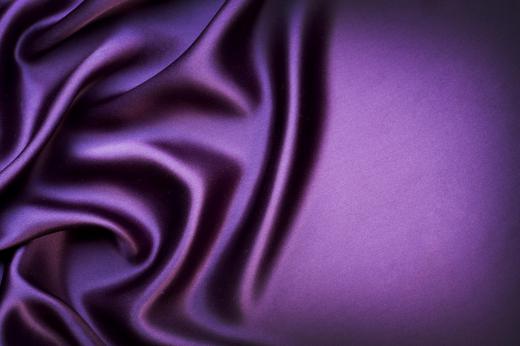Textiles are usually defined as any type of item that is made using yarn or thread to create some kind of cloth or fabric. There are many different kinds of textile companies that make up the worldwide textile industry, many of them specializing in one or two specific textile product lines. In some cases, the focus of the company is on a residential clientele, while others prefer to target commercial customers as their core client base.
Textile companies often base their reputation and product line of the creation and sale of what was once known in the United States as a home furnishing line. Essentially, this approach to textile fabric manufacture would be aimed at producing items like draperies, bedding, tablecloths, and other fabric products that were common to the task of decorating the home. Most experts only include textiles that are stand-alone products in this category.

Fashion textile companies tend to devote themselves to the design, manufacture, and marketing of clothing apparel. This can include the production of solid lots of material like denim or cotton sheeting that is sold to a customer who uses the fabric to create specific items of clothing. Synthetic blends may also be created and sold that are ideal for use in producing winter coats, suits, dresses, swimsuits, or any other type of apparel worn by men, women, or children.

Textile companies that focus on the creation of upholstery materials are often identified as industrial textile producers. This classification can include the production of faux leather using a mix of synthetic and natural fibers, heavy fabrics for use in furniture upholstery, and even refining the yarn that is eventually used in the creation of various types of carpeting. While the inclusion of the manufacturing of materials for carpets was once considered to be separate from the textile industry, it is not unusual for carpeting manufacturers to be including in the family of textile manufacturers today.

Just as there are different forms of textile production, the different textile companies in operation today are likely to employ a wide range of quality standards to their finished goods. In general, textile management teams will seek to comply with any minimum standards set in place where the mills and plants are established, as well as meet the standards necessary to allow sale of the goods in various countries. While the United States, Great Britain, and Canada were once leaders in the textile industry, the vast majority of textile products are now produced outside those three nations.

